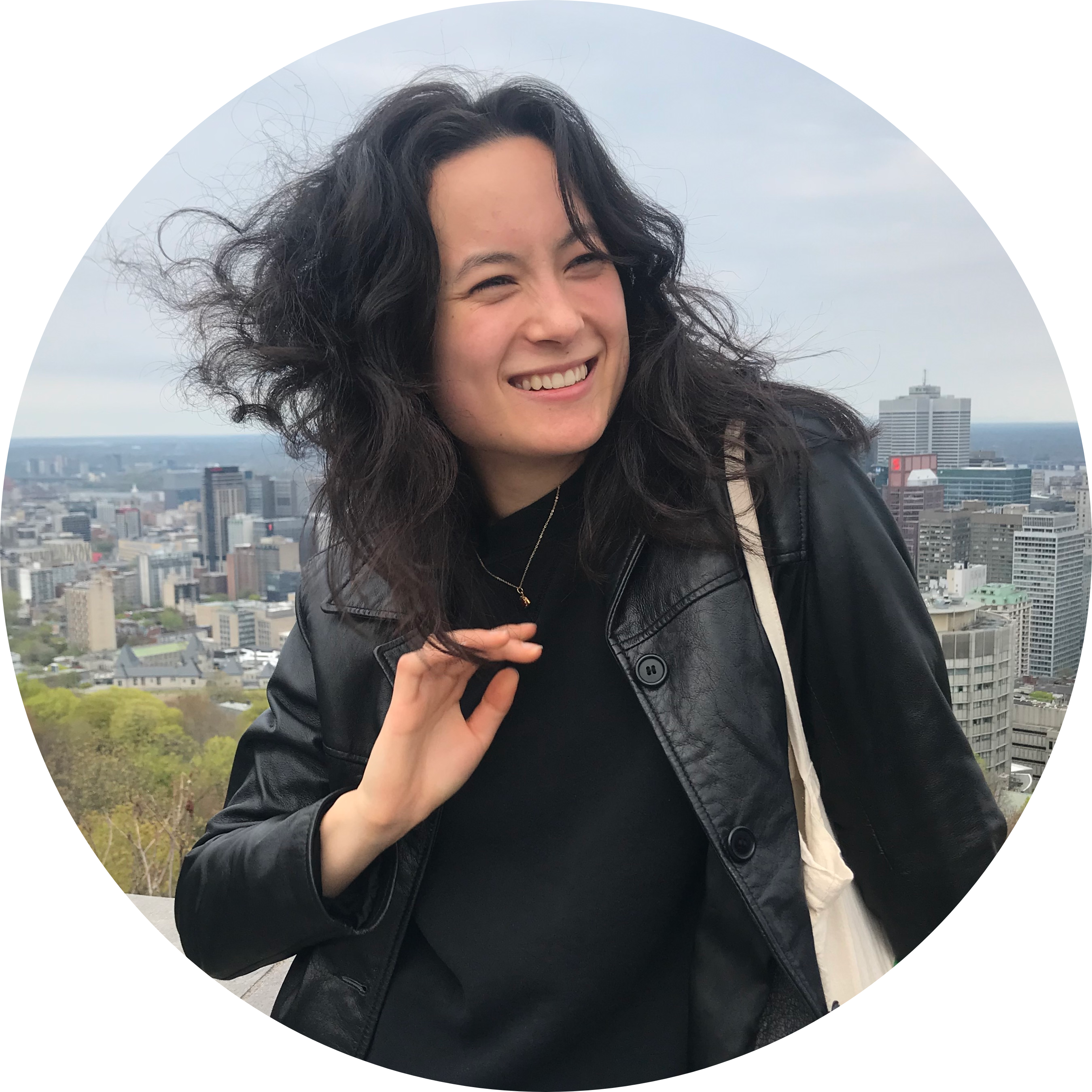I am a Human Geography major with a minor in Asian Canadian and Asian Migration studies. I grew up in an intergenerational household as part of the Korean Canadian community in Vancouver, on the unceded and ancestral territories of the xʷməθkʷəy̓əm (Musqueam), Skwxwú7mesh (Squamish), and səl̓ílwətaʔɬ (Tsleil-Waututh) Nations. My time in both programs has allowed me to think deeply about interrelated histories of place, particularly in relation to the intersecting dynamics of colonialism, militarism, migration, gender and processes of racialization. Likewise, I hold a passion for considering political and intimate relations with animal, plant, and nonhuman worlds. While pursuing my degree at UBC and at Yonsei University in Seoul, I am grateful to have had the chance to deepen my familial relationship to the Korean language, as well as to diasporic and postcolonial literature, art, and visual culture.
What is a favourite memory or story you have from ACAM?
My favourite memory of ACAM was participating in the 2018 global seminar in Kaiping and Hong Kong, which was also my formal introduction to the program. It was a profound experience of learning and of being together. I was so inspired by all my peers on that trip and the people we met. The group I was part of was tasked with creating a 360 degree virtual reality video project which would enable diasporic communities to re-establish connections with ancestral homelands. We struggled a lot with thinking about how to use VR to do so without replicating the voyeurism somewhat inherent to the form, wanting to engage in conversations of displacement alongside familiarity as well. I remember gathering in our dorms and watching and reviewing the works of Trinh T. Minh-ha and Theresa Hak Kyung Cha for strategies on how to hold all these things in meaningful tension — just one of many small but expansive moments of being together that I won’t forget. There was a lot of laughter and joy on that trip too.
Why did you declare a minor in ACAM? What drew you to the program?
I had heard about ACAM from my close friends who were part of the program, and later realized that I was already on the road to completing an ACAM degree given where my interests had led me to. I was so excited when I realized this because I knew the ACAM program was a tight knit community, committed to thinking about similar issues alongside one another and collectively. I also was immediately drawn to the interdisciplinary nature of the program, and the different forms of creativity, storytelling, language, and knowledge sharing that ACAM honours.
What is one piece of advice you would give your first-year self?
I might say to consider things as a process. This is something I would also say to my graduating self!
 Faculty of Art
Faculty of Art
